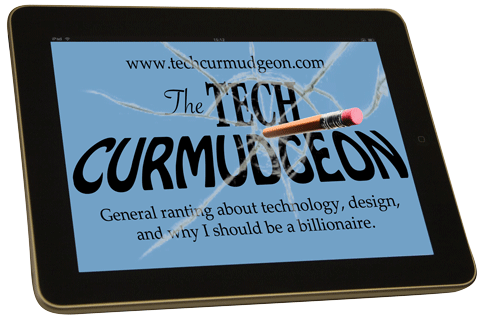It's finally over. Osama bin Laden's been killed. "Whitey" Bulger's been captured. And now Voldemort's dead. Somehow the movie imparts a greater sense of finality than the book did. Maybe we actually needed to see Harry, Ron and Hermione as dowdy, paunchy middle-aged people ... as, ugh, parents!
Parents don't fare too well in Rowling's world. With the exception of the Weasleys they're mostly absent (Hermione's folks), abusive (the Dursleys), infectiously evil (the Malfoys), or just plain dead. Young readers can indulge the fantasy that their real parents are kind and just and good, unlike the morons they're forced to live with.
The HP stories are interesting both because they follow in a long-tradition of hero legends, and because they don't. The tales of the superhero predate even the King Arthur fable, going back at least to Achilles and Beowulf and Gilgamesh. People seem to love these stories of someone with extraordinary powers, generally foreordained by birth or magical circumstances, arising in order to set things right. In addition to those mentioned above, there are the Last Airbender, Frodo Baggins, Clark Kent, Luke Skywalker and many others.
And Harry Potter has all the traditional earmarks. He's chosen by prophesy. His noble lineage is hidden from him. He copes with both celebrity and scorn in his adventures.
But there's one major difference between Harry and most of the other legendary heroes ... He's actually a pretty mediocre wizard. He's not as bright as Hermione, and nowhere near as powerful as Dumbledore or any of the Deatheaters. He and his friends are completely outmatched in the battle at the Ministry (Harry Potter and the Order of the Phoenix), and Snape essentially toys with him in Harry Potter and the Half-Blood Prince. Harry himself acknowledges that most of his successes were the result of pure luck, with no particular skill or knowledge.
In some sense, Rowling created the first politically correct legendary hero ... one whose strength is his ordinariness. He succeeds because he has friends. That's all. Like the politically correct view of history, that things happen because of tides and trends rather than individuals, Harry is caught up in the forces that surround him. Even his prophesied role comes to him because Voldemort believes the prophesy. It's self-fulfilling. The chosen one could just as easily been someone else (though Neville Longbottom and the Chamber of Secrets doesn't have quite the same ring.)
The question is: Does the politically correct hero story work? Does it satisfy the urge that has driven people to create and embrace these legends for thousands of years?
Judging from the crowds at the midnight release of the final book in 2007, or the final movie today, the answer appears to be: Duh!

2 comments:
Real curmudgeonliness: it's clear why the HP books are popular, but they're just not very good: they're cotton candy. They're not deep and there's no subtlety anywhere -- they don't engage -- so they'll disappear. (The Real Curmudgeon refrains from commenting on the quality of the writing.) "Charlotte's Web" and Ursula Le Guin's Earthsea books will live a long, long time.
I don't think the Harry Potter books are going away anytime soon either. They obviously have qualities that appeal to young readers, and there's some real cleverness in there.
Post a Comment